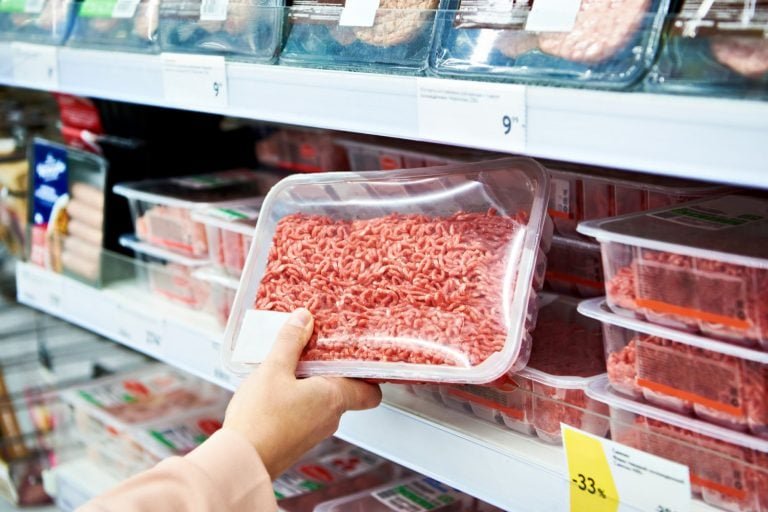Climate change is one of the most pressing issues of our time, and researchers are exploring innovative solutions to mitigate its effects. A surprising new study reveals that nearly 40% of people across five countries are willing to accept meat rationing as a means to combat climate change.
The Rationale Behind Meat Rationing
Animal agriculture is a significant contributor to greenhouse gas emissions, accounting for around 14.5% of global emissions. Reducing meat consumption can make a substantial impact. Rationing can be an effective and equitable way to lower consumption, especially if implemented independently of income.
Key Findings:
- Country-Specific Support: Acceptance of rationing varies by country, with India and South Africa showing higher support.
- Demographic Differences: Younger, more climate-conscious, and educated individuals are more likely to favor rationing.
- Rationing vs. Taxation: Surprisingly, there’s little difference in acceptability between rationing and taxation of fossil fuels.
Expert Insights
“Rationing may seem dramatic, but so is climate change. Policies perceived as fair often enjoy higher acceptance rates.” – Oskar Lindgren, lead researcher
The Future of Climate Policy
As the world navigates climate change mitigation strategies, meat rationing deserves consideration. With nearly 40% of people open to this solution, it’s time to explore its potential. More research is needed to understand attitudes towards rationing and design effective policy instruments.
Join the Conversation
Would you be willing to ration meat to combat climate change? Share your thoughts!
Related Reading
- Learn more about the study by Uppsala University
- Explore climate-friendly food options
- Discover ways to reduce your carbon footprint
Subscribe for More
Stay updated on the latest climate change research, sustainable living tips, and innovative solutions.

















